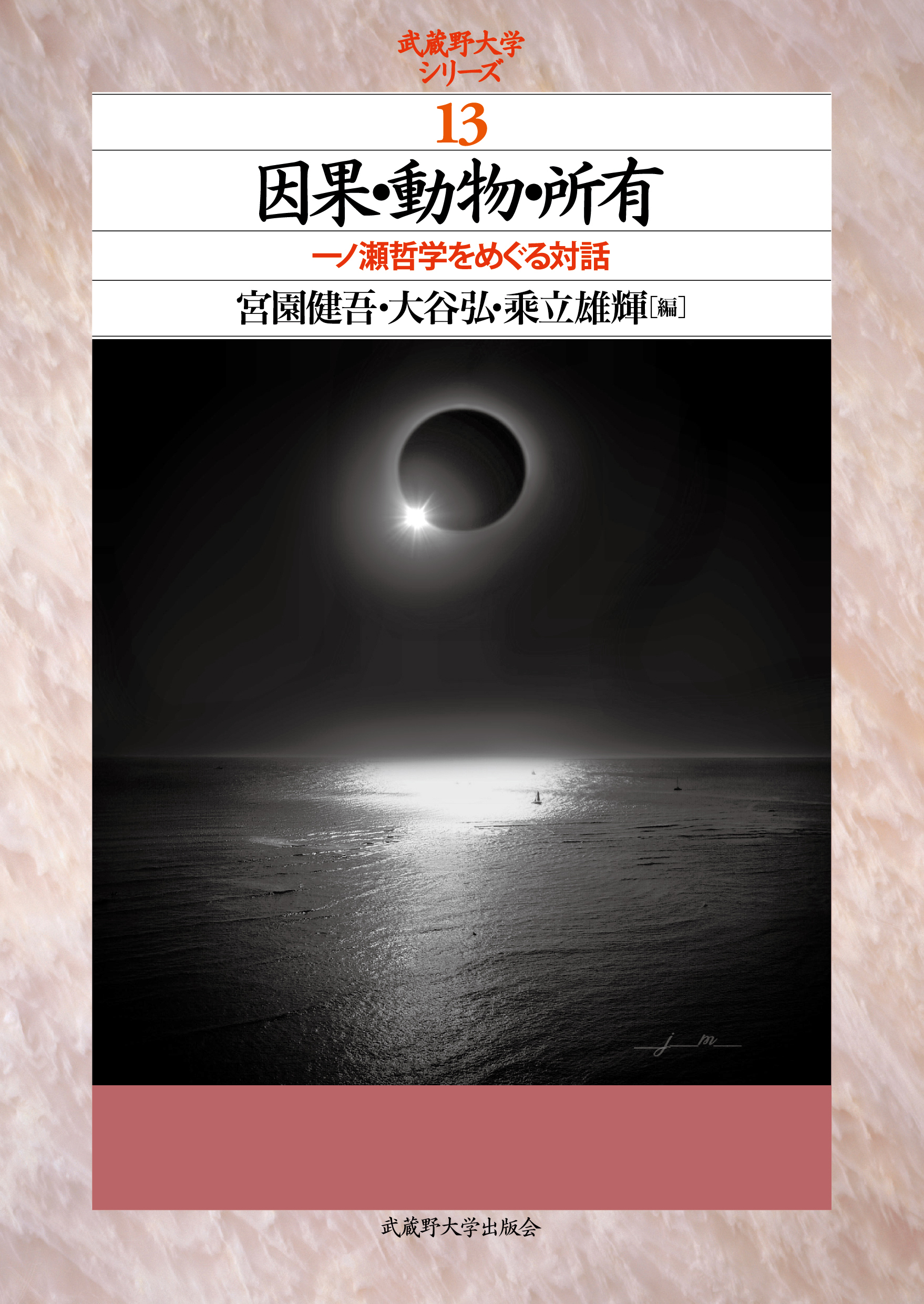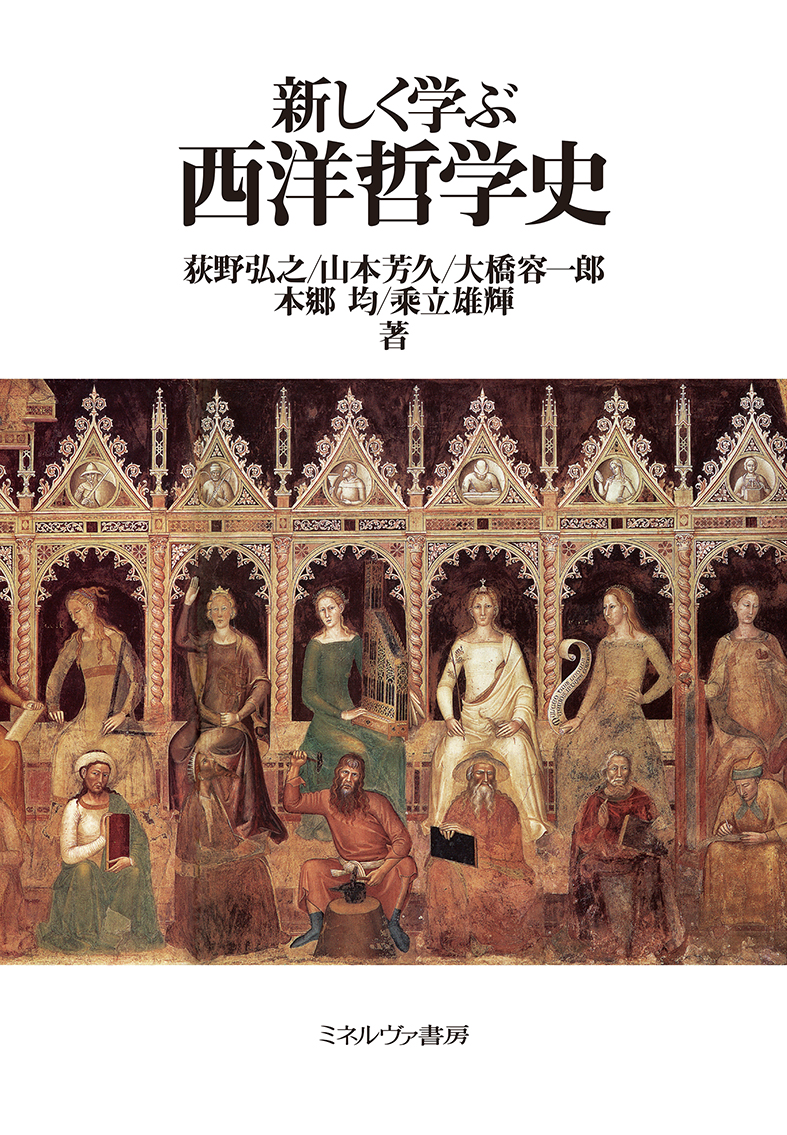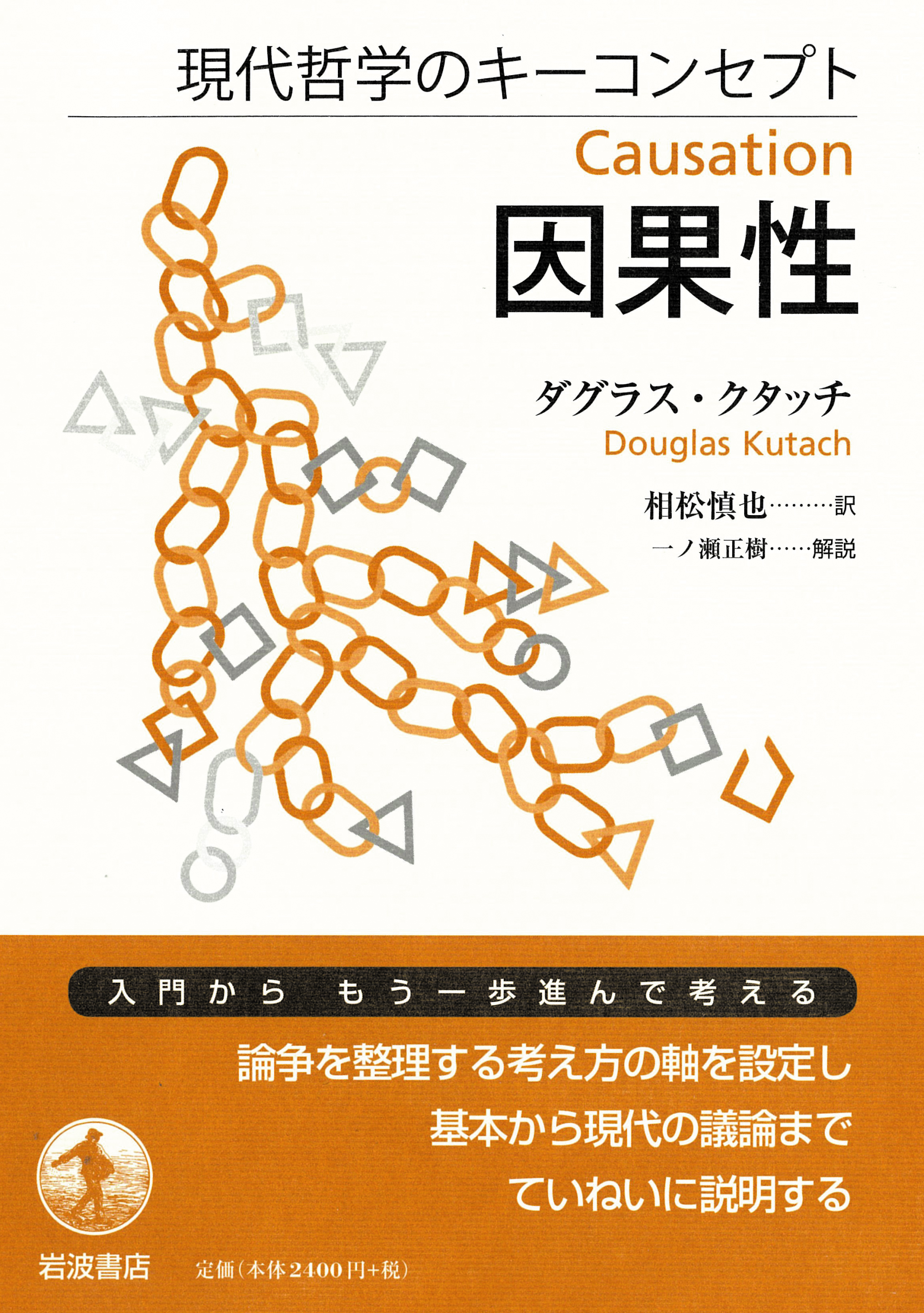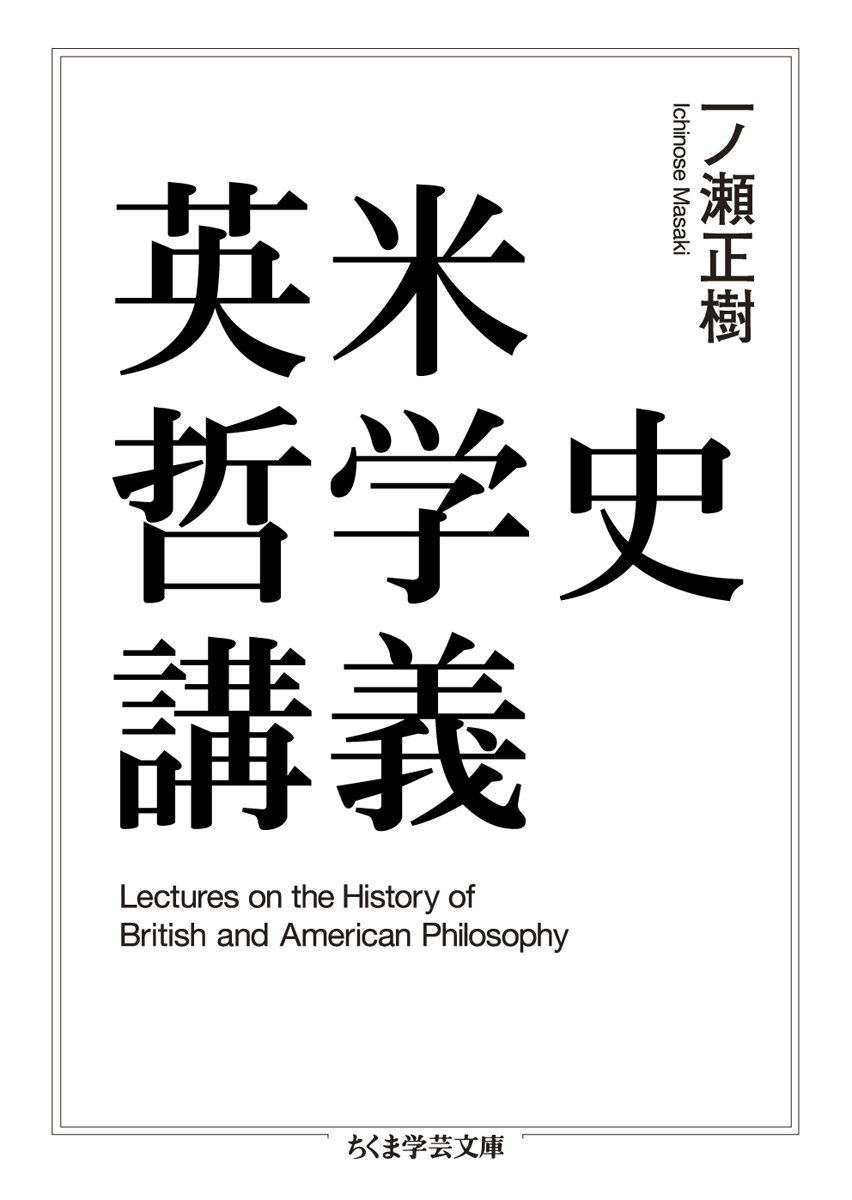
Title
Musashino University Series 13 Inga, Dobutsu, Shoyu (Causation Animals, and Property - Discussions of Ichinose’s Philosophy)
Size
396 pages, A5 format
Language
Japanese
Released
January, 2020
ISBN
978-4-903281-45-2
Published by
Musashino University Press
Book Info
See Book Availability at Library
Japanese Page
This book represents a collection of papers by former students of Masaki ICHINOSE as well as others that attempt to answer questions explored by Ichinose’s philosophy.
Ichinose’s philosophy, which covers an unusually broad range of topics for a Japanese philosopher, has inspired vigorous discussion. The scope of inquiry includes topics that fall under the category of theoretical philosophy with roots in British empiricism, which could be said to be Ichinose’s area of specialty, as well as practical topics that connect theoretical philosophy to actual issues facing society today. In this respect, Ichinose’s philosophy overlaps with those of English-speaking philosophers such as Derek Parfit, Robert Nozick, and Simon Blackburn. However, Ichinose’s philosophy is distinctive insofar as it does not apply concepts and methodologies used overseas simply as is but, rather, recasts these in Ichinose’s own light with the goal of identifying new possibilities. This is what has drawn the interest of the researchers whose works are assembled in this book in order to challenge the discourse of Ichinose himself.
Regarding the objective for this book, the editors chose to shine a spotlight and to focus discussion on three aspects of Ichinose’s philosophy: “property and personhood,” “knowledge and perception,” and “metaphysics.”
First, regarding “property and personhood,” using Locke’s theory on the right of ownership to the fruits of one’s own labor as a model, Ichinose outlines how labor expands the property rights of persons and, based thereupon, identifies the process by which persons themselves change as a result of the property and goods that they own. It is in this process that questions regarding the nature of “property” and “persons” emerge. Ichinose argues that a “person” should be understood as a pragmatic concept distinct from the concept of a “human being” or “substance.” While shining a light on Locke’s definition of a person in a legal sense from a different angle, the contributors to the book shrewdly question Ichinose’s person-knowledge theory where he argued that knowledge resides in persons and the discussion on the ownership of death.
Next, regarding “knowledge and perception,” a number of different discussions are developed based, in part, on the previously mentioned person-knowledge theory where the object of criticism is Willard van Orman Quine’s “naturalized epistemology.” Ichinose has proposed “musicalized epistemology” as a counter argument to Quine. Whereas naturalized epistemology, as a basic precondition, repudiates the knowledge of persons, Ichinose focuses on the fact that the musical notes only become “music” when they are played by persons. The contributors to this book attempt to further develop Ichinose’s argument regarding incorporation of this perspective, which has been overlooked in Western philosophy.
Lastly, regarding “metaphysics,” various discussions are developed on “causation” as explored in depth by Hume, which serves as the starting point for Ichinose’s philosophy. Although space limitations do not allow for detailed discussion here, one of Ichinose’s most insightful contributions is his creation of the concept of “causal transcendence.” This concept captures the infinitely retreating state and cyclical nature of our attempts to understand causality, which themselves are causally created. This concept is explored by the contributors to this book.
(Written by NORITATE Yuki, Associate Professor, Graduate School of Humanities and Sociology / 2021)



 Find a book
Find a book




